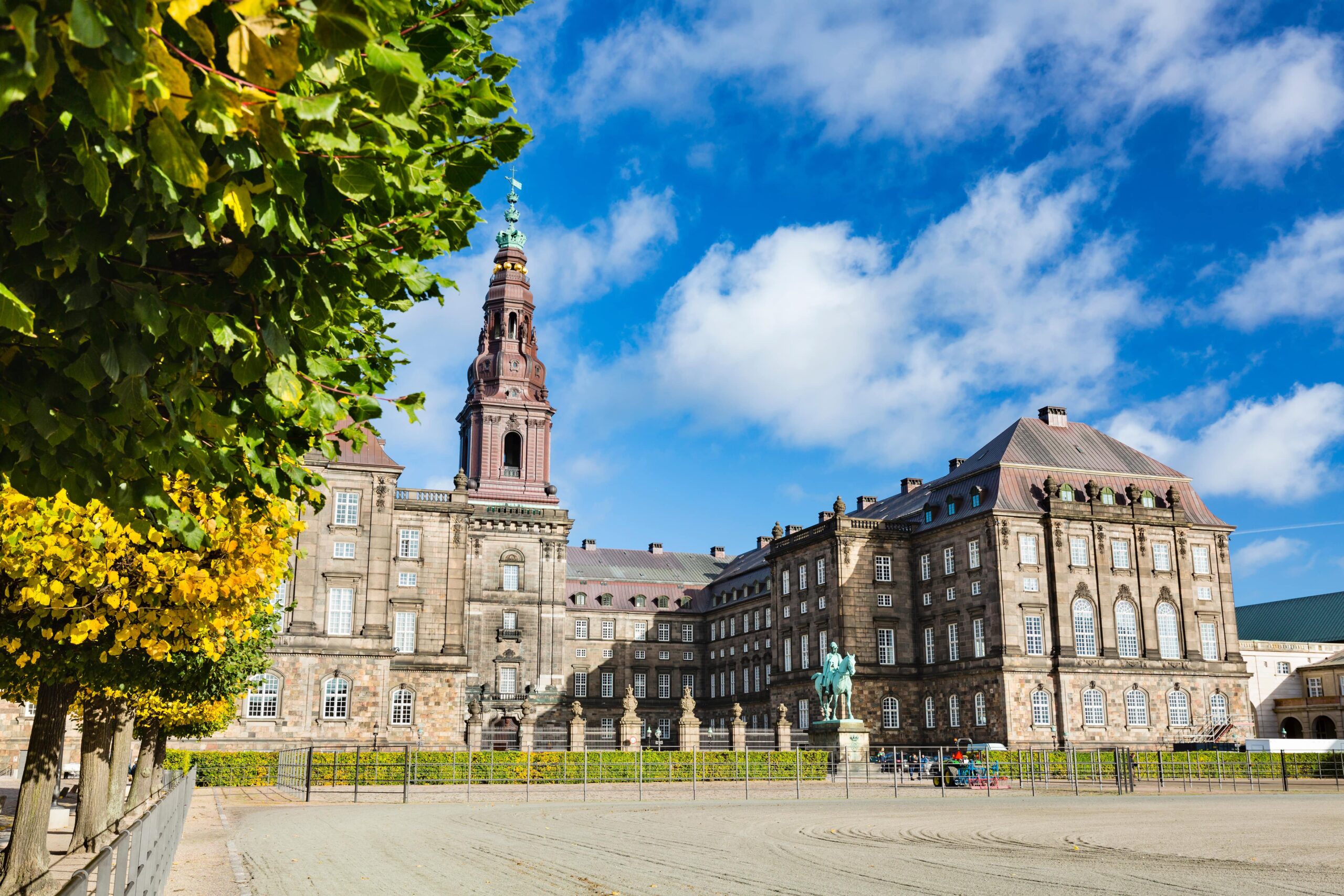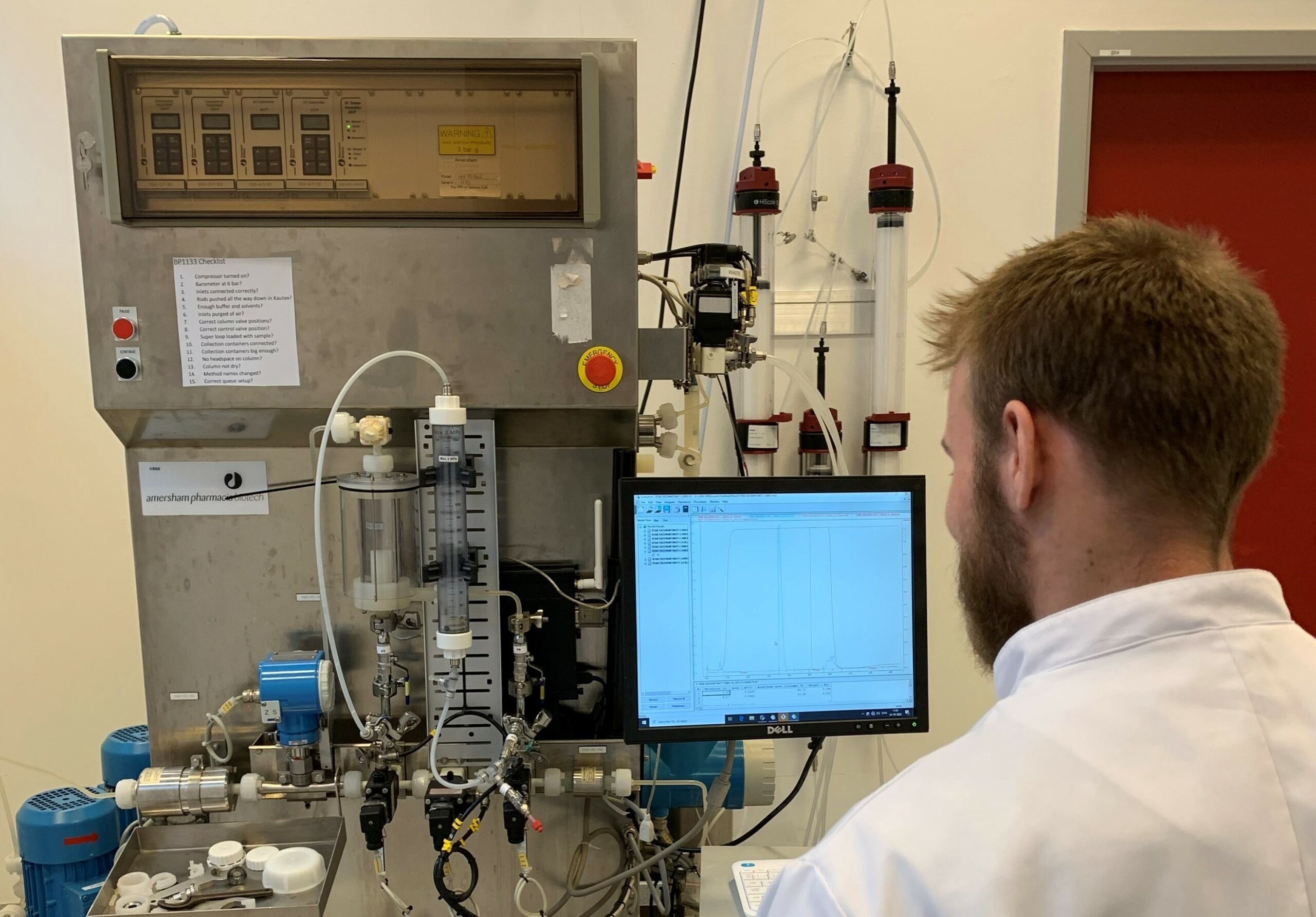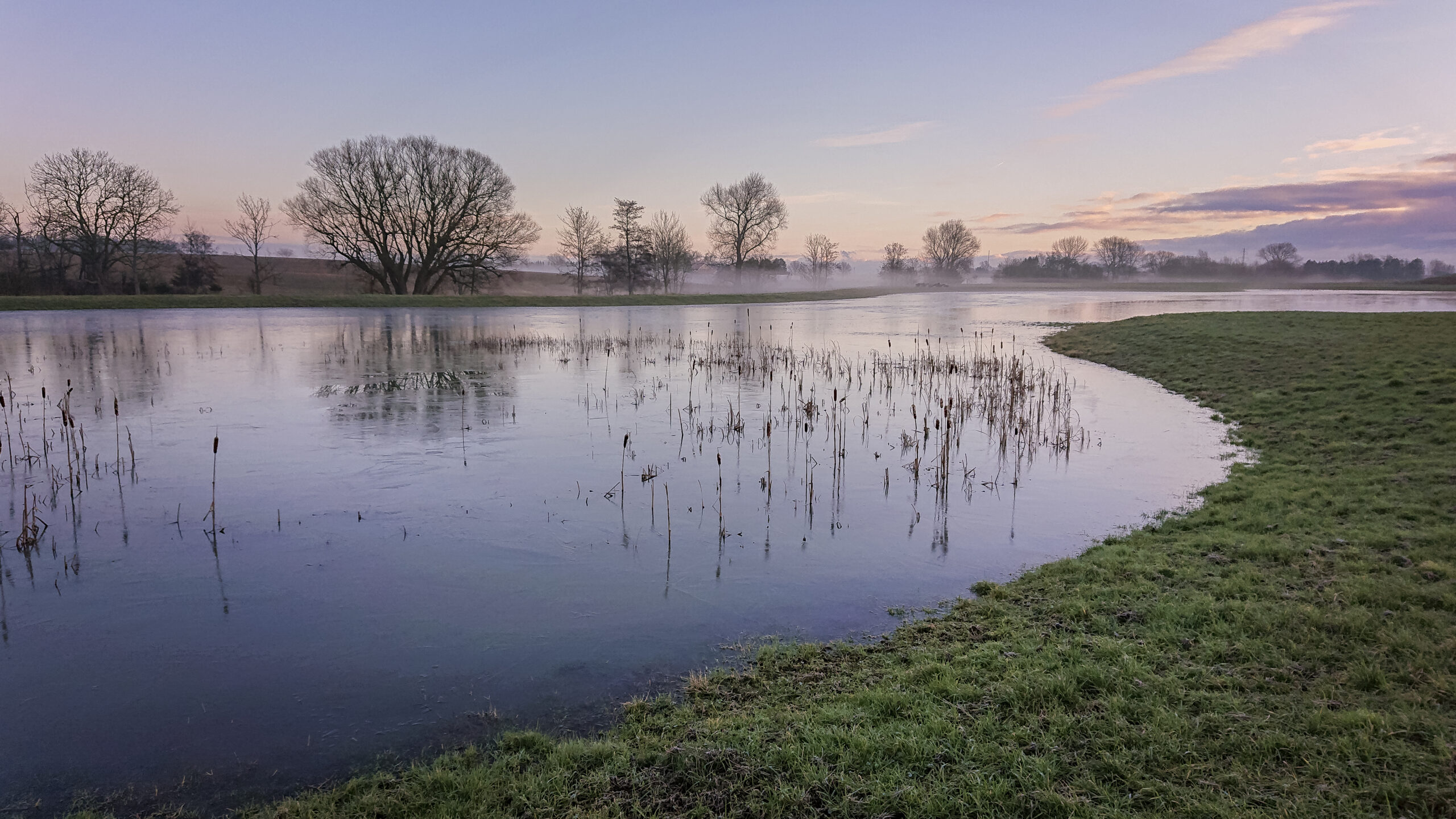News
Energy recovery from wastewater
Resource recovery from wastewater
Wastewater management
+1
Danish masterplan for climate-neutral water sector could lead to huge global CO2 reductions


Water and climate change are closely interconnected. Water is one of the primary areas in which the world will experience the consequences of climate change. On the other hand, the water sector has the potential to cut CO2-emissions drastically with existing technology. Overall, water is a cornerstone of the Sustainable Development Goals in ensuring development and decent living for all.
To attend this agenda, the Danish climate partnership on circular economy, water and waste has presented their masterplan on making the Danish water sector climate-neutral by 2030.
“The ambition of ensuring safe water and limited emissions is ambitious, but the masterplan sets out some concrete steps to take to achieve this goal. The masterplan aims for energy and climate neutrality by 2030 with existing solutions that even can be exported throughout Europe and the world to greatly reduce CO2 emissions,” said Vice-Chairman of the partnership and CEO at Aarhus Vand, Lars Schrøder
Several industry-leaders within circular economy, waste and the water sector are included in the partnership such as Aarhus Vand and the partnership is made in collaboration with the Confederation of Danish Industries (DI), representing approx. 11,000 private companies in Denmark.
-Related solution: From wastewater plant to power plant
The masterplan even suggests a chance to go “climate positive” (taking more CO2 out of the atmosphere, than is put in). The Danish water sector accounted for 218,000 tonnes of CO2 in 2017. With the solutions from the masterplan, that number could become negative 31 tonnes by 2030 – making the Danish water sector effectively climate positive.
Export of Danish solutions could reduce CO2 emissions equal to 1 million cars yearly
Not only is the masterplan a guide for the water sector in Denmark, but it also highlights the solutions at hand to reduce emissions effectively. Moreover, it highlights Denmark as a global leader in climate-friendly water solutions.
“If all countries in Europe implemented a similar system as the current water sector in Denmark, the greenhouse gas reductions would be the same as the yearly emissions by a million gasoline-driven cars. The effects are exponentially greater if the Danish solutions are implemented globally. Furthermore, the solutions are also effective in securing low waste of water and a reliable supply of water,” said Lars Schrøder.
The road to climate neutrality through existing solutions
The greatest potential for CO2 reductions in the masterplan comes from specific technological solutions at the water and wastewater plants. This involves e.g. capturing of the impactful greenhouse gas nitrous oxide, energy efficient solutions in the whole water cycle and centralising water plants to improve the biogas yields. These measures are expected to account for a yearly reduction of 130,000 tonnes of CO2 by 2030.
Furthermore, the plan contains elements that have a more indirect influence on the emissions of the water sector. These include heat production using the heat in the effluent wastewater and reforestation to capture CO2. By 2030, these measures are expected to reduce emissions by 119,000 tonnes.















